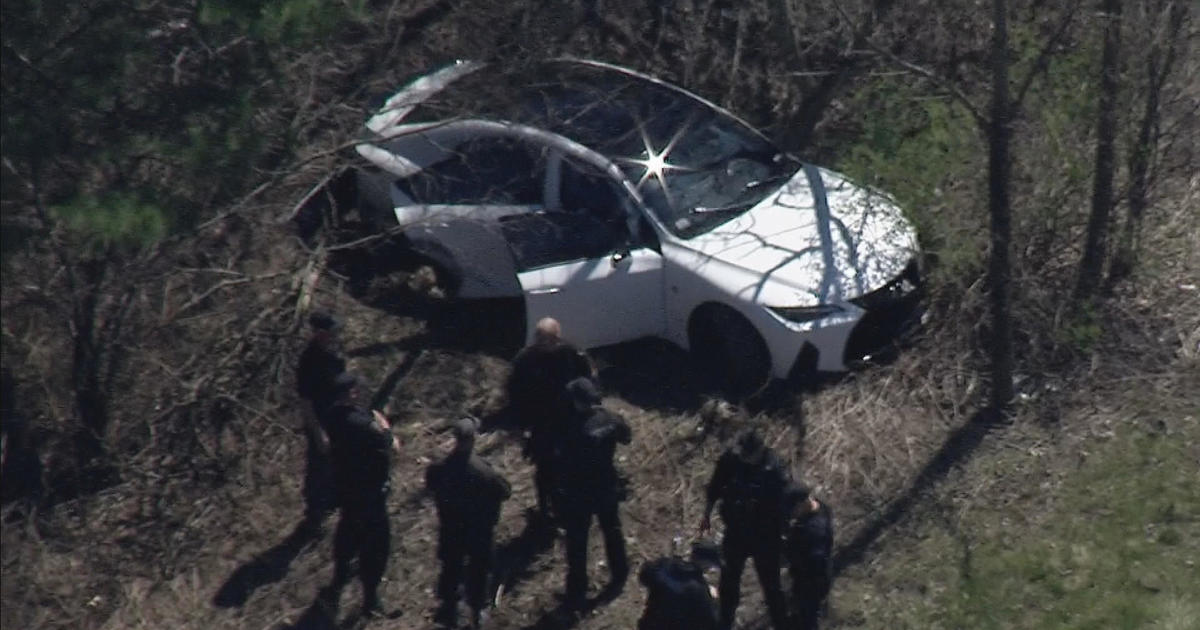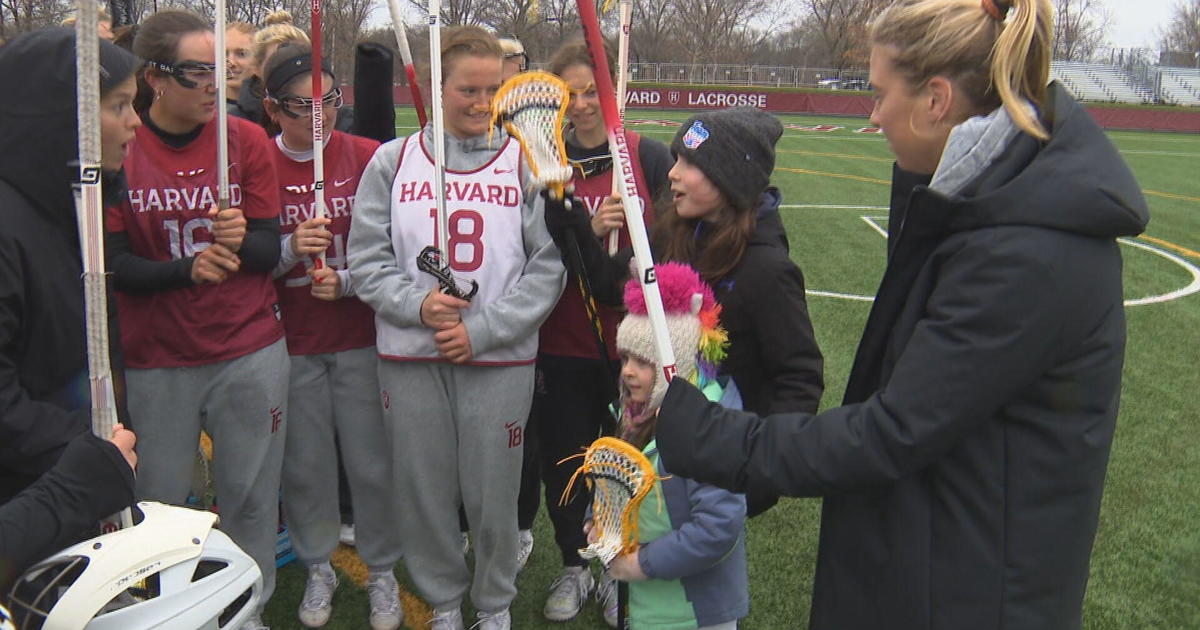I-Team: Experts Say Concussions 'Flying Under The Radar' At Massachusetts Schools
BOSTON (CBS) – Concussion experts in Massachusetts say they are concerned head injuries among student athletes are not being diagnosed, especially at schools with lower funding.
Legislation effective in 2014 requires schools to report concussion related data to the Department of Public Health, such as the number of head injuries, how many coaches have been trained on recognizing symptoms, and how many athletic trainers, parents, and students have gone through state-mandated training.
Five years later, the Department of Public Health tells WBZ's I-Team it does not have those numbers for the last two school years. The most recent records the department could provide were from the 2016-2017 academic year.
"It is very concerning that the state cannot provide records of compliance with the concussion reporting bill," said Chris Nowinski, CEO of the Concussion Legacy Foundation.
Concussion expert Dr. Robert Cantu said that data is crucial.
"Rules changes are based mostly on the science from the statistics that we have. The data and the reporting is very important," he said. "It's not really the fault of the schools. All 50 states have concussion legislation. None of them have funding."
When asked if he thought students in underfunded schools were in more danger, Dr Cantu did not hesitate.
"Without question, yes."
Schools with more money have more employees to collect and report concussion statistics. They also have more staff trained to spot symptoms. So not every student athlete has the same level of protection.
When the I-Team analyzed the most recent records, Boston College High School had the most reported head injuries in the state - 109. Dr. Cantu said that is encouraging.
"The schools that have quite adequate staffing, especially the prep schools, obviously that reporting is very good."
In fact, B.C. High had more reported head injuries than all of Boston Public Schools combined, which added up to just 64.
"The concussions are flying under the radar," said Cantu.
Records showed that, overall, nearly seven percent of Massachusetts school coaches had no concussion training at all.
Patients who have suffered concussions say that making sure coaches and trainers know how to spot symptoms and react to them, is key to recovery. Teenage gymnast Erin Payne said she made the mistake of going to the gym right after sustaining a concussion during a flip.
"I kneed myself in the forehead and then came down on my neck," she explained. If she had any training, Erin said she might not have delayed treatment.
"When I think about what her brain was doing inside of her skull at the time, with the injury she already had, it actually makes me feel sick," said her mother, Kerri Payne. "It's just a sport. You have to compare that to your child's life."



